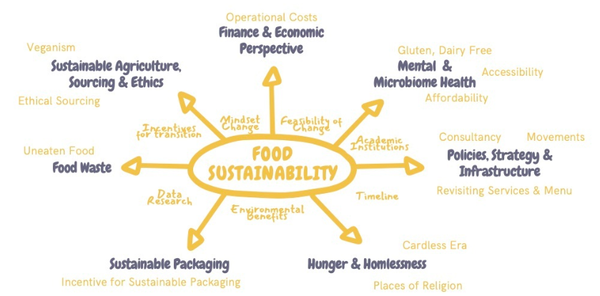Inspiration of the week: Extinction (the facts)
Our weekly series on places to find sustainability focused media, conversation, brands and more.
The mighty father of Biodiversity Conservation has spoken once again. In the BBC Documentary ‘Extinction: The Facts’, David Attenborough lures us in with his characteristic narration and explores how biodiversity loss is not just a concern for animal-lovers but has dire consequences for every single person on the planet.
The documentary touches on the key drivers of biodiversity loss that were identified in the UN Biodiversity report last year, including overfishing, climate change and pollution. But most importantly, it focuses on habitat destruction as the leading cause behind the ongoing extinction of animal species.
In light of global warming and concern for future generations, a lot of focus has gone into searching for renewable energy production or alternative material resources. With time, we may be able to find and implement these solutions. However, when it comes to biodiversity conservation, once a species is lost, there’s no going back. It’s irreversible damage, and no amount of research or technology can resurrect every single species that existed and died out, because of human activities.
In just 60 minutes, Extinction: The Facts provokes a deep sense of empathy in its viewers and encourages all of us to stop remaining oblivious to the changes that are happening. This message is especially relevant in the current climate of COVID19, as the unethical animal trade which contributed to the pandemic, is a manifestation of our disconnect with the natural world. Our actions are damaging the delicate balance of nature, and this has implications for every single one of us.
If you have just a couple minutes this weekend, why not check out this documentary for free on the BBC UK website?







